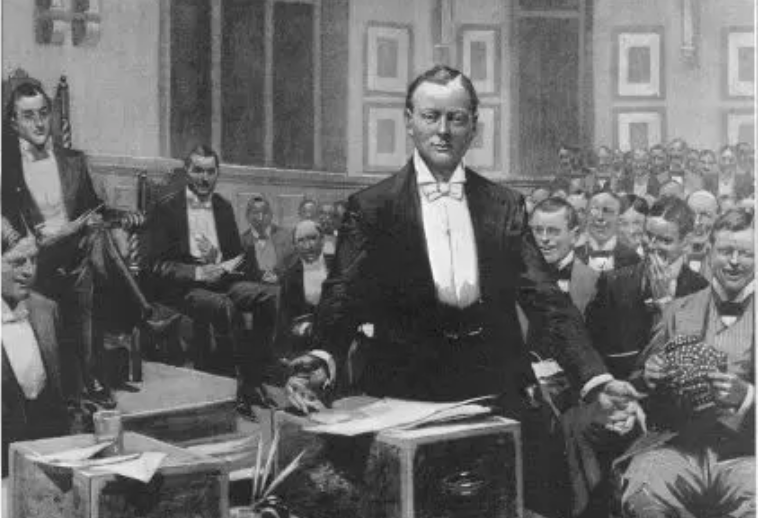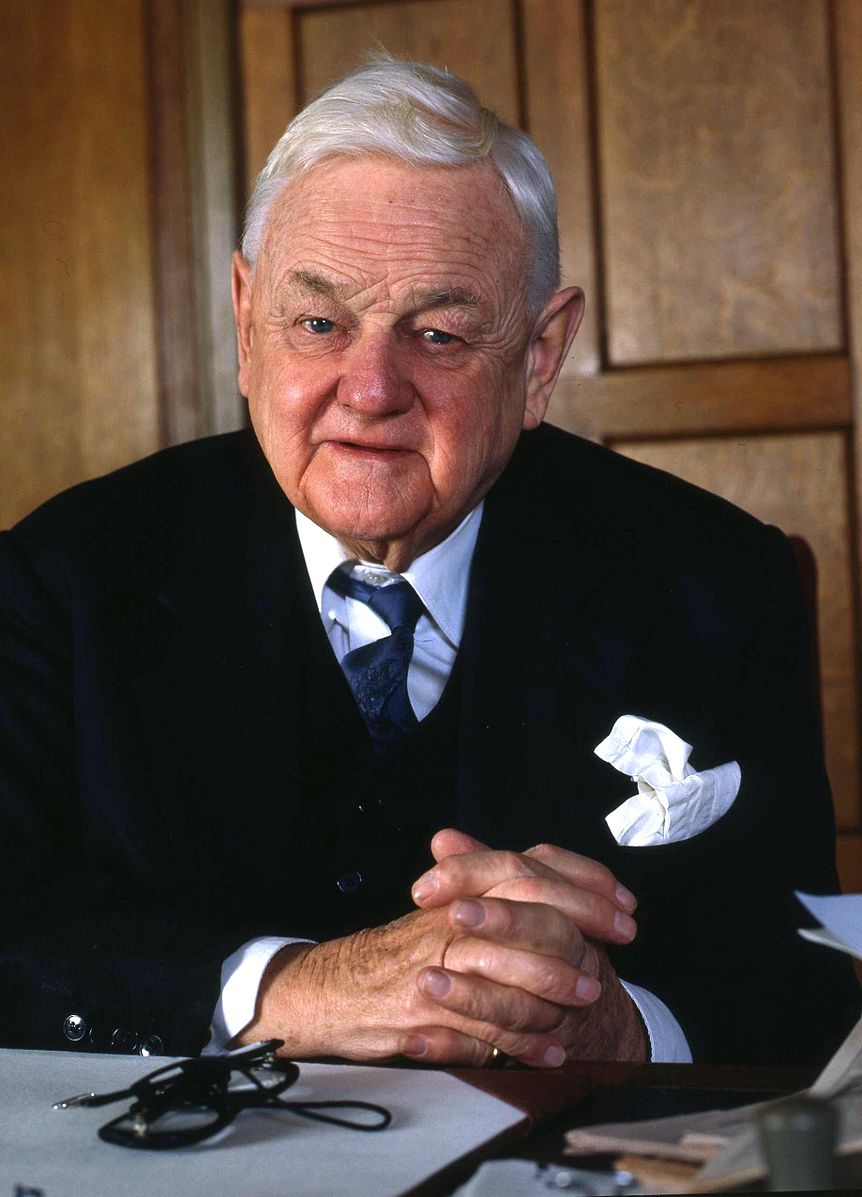
Secondhand but Valid: “If you can speak in this country…”
The English-Speaking Union posed a question which illustrates the problem of secondhand quotes. That is, something Churchill said which is not in his published canon. The quote is: “If you can speak in this country [Britain], you can do anything.” It was a concise celebration of the British right to free speech. The ESU has it on their website. But is it verifiable?
In 1966, the ESU Philadelphia Branch hosted an exhibit of my Churchill biographical stamp collection at the Philadelphia National Bank. It was the first public appearance of whatever limited Churchill knowledge I then had, my “awakening” as a Churchillian. I have a warm memory of the experience—but doubts about that secondhand quote.
Why secondhand?
It’s secondhand because it’s from a second party—not something we can track to Churchill’s published works. I searched Hillsdale College’s digital scans of 75 million published words by and about him. This includes his own 20 million words and over 50 million about him. It includes all his published books, articles, speeches and papers, along with biographies, memoirs and studies by others. Neither the full quote nor its components could be found.
There were no hits for “speak in this country.” There were 15 hits for “you can do anything,” and one came close. This was a speech in the House of Commons, 22 August 1916. (Robert Rhodes James, ed., Winston S. Churchill: His Complete Speeches 1897-1963, III, 2490.) He was referring to the successful organization of war tribunals: “You can do anything in this country,” he said, if you have the will and the intention to do it.”
Obviously that’s not good enough, I advised the ESU. So their quote seemed to be another example of secondhand invention—”Churchillian Drift.”
A Solid source

Think again! Natasha Goodfellow of UK branch of the ESU took those comments and raised me one with excellent research. Quintin Hogg, Lord Hailsham, reported the remark in 1975, she wrote. She sent a newspaper cutting from The Observer of 11 May 1975. While the quote remains secondhand, the evidence gives it real validity—and some current interest.
On 5 June 1975, Britain held a referendum on membership in the European Union. Its successor, the European Union, is what Britain has now just left. The 1975 vote was 2:1 in favor of what was then, of course, a Free Trade association. The more objectional developments came later, with the Maastricht Treaty and subsequent loss of sovereignty. Hailsham was a judge for the 17th John Smith Memorial Mace Award for the Schools Debating Association. The winner defeated the motion, “That this House disapproves of the Referendum.”
In criticizing the debaters, Lord Hailsham said most students spoke too quickly. “Even if the speaker thought his audience was incompetent, it was not wise to make that clear.” Hailsham had further advice: Avoid Latin quips (Churchill certainly did that). Avoid clichés (like “Ship of State”). Imitate nobody (Churchill imitated his father). Above all, he added, “remember what Churchill told him” after “a magnificent speech at the Oxford Union: ‘If you can speak in this country, you can do anything.’” (The italics are Hailsham’s.)
When secondhand is valid
Given Ms. Goodfellow’s evidence, I at once advised the ESU to consider this quote genuine—provided they include the italics, which add authority by sounding exactly like Churchillian phraseology. What clinches it, however, is the reliability of the source.
Lord Hailsham (1907-2001) was a distinguished Parliamentarian. His first role in Whitehall was as Parliamentary Under-Secretary of State for Air in the 1945 Churchill government. He later served as First Lord of the Admiralty, Leader of the House of Lords and Lord President of the Council. He was a a candidate to succeed Harold Macmillan as prime minister in 1963, and renounced his hereditary peerage to be eligible. But he was passed over in favor of the Earl of Home. He was created a life peer in 1970 and served as Lord Chancellor, the office formerly held by his father, until 1987.
The validity of secondhand quotes depends on the reliability of the quoter. Lord Moran and Lord Boothby, for example, tended to exaggerate and elaborate. Their reported diaries contained much that was not contemporary, written long after the fact. Churchill colleagues and confidants like Lord Soames or Sir Anthony Montague Browne were more fastidious, almost invariably reliable. Lord Hailsham belongs in the latter category.
I will gladly add this second but reliable quip to the 500 new quotations in the next edition of my book, Churchill by Himself, “if there is one.” (As Churchill reportedly said, but didn’t, to George Bernard Shaw about the next performance of a new play.)
A remaining question…
It would be nice to know which Oxford Union speech this was. Perhaps a kind reader will care to speculate? Clearly, Churchill said this after swimming against the tide—as he almost always did at the Union.







2 thoughts on “Secondhand but Valid: “If you can speak in this country…””
Thank-you, Antoine. I have it in my head Hailsham/Hogg was referring to an Oxford Union debate in the 1920s, but when? I do not have my volumes of the Complete Speeches here in the Bahamas—yet I also cannot pinpoint a OU debate after the 1907 one depicted in the illustration. If anyone can help dig, please do….
A look at the list of Presidents of the Oxford Union indicates that Hogg served for the Trinity term of 1929. In all probability, therefore, he heard the precept from Churchill in the spring of 1929. The likelihood is that Churchill spoke to him afterwards because he was the serving President. There must be a record of his speech, or at least of his coming to Oxford, somewhere.
Comments are closed.